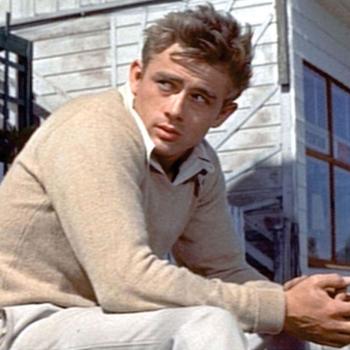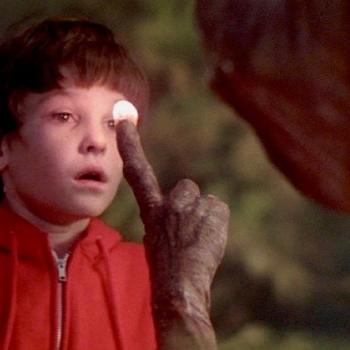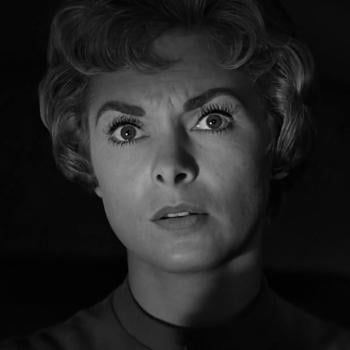
The film opens with our protagonist reminiscing on her time with her late daughter who was lost to leukemia. The story proper begins when enigmatic alien spacecrafts appear all over the globe. As a professor of linguistics, Louise takes it on herself to decipher their language and discern their intent.
But Louise’s study of the alien language opens her mind to much more. These extraterrestrials are advanced in more ways than just their technology. Their concept of time transcends the linear construct that humans abide by. What’s more, as Louise learns their language, she acquires this skill herself.
And this is where the film’s central twist becomes clear: we discover that the glimpses of Louise mourning her daughter aren’t flashbacks because they aren’t memories at all. They are glimpses into Louise’s future. The movie likens this to her rising to the understanding of the aliens, but she’s just as easily rising to the understanding of God.

The film asks us how our perspective would change if we experienced time as the aliens do. Embedded in this is the question of how we would live if we experienced time as God does. What is the foreknowledge of all things that this film describes but omniscience by another name?
If one does believe that God truly does foresee all things–the crucifixion of his only begotten son, the ritual wickedness of his children, all of it–then at some point, God must have had a similar moment of reckoning. God would have had to see all the despair that his experiment would bring and weigh that against all that he hoped for us.
The film presents Louise’s commitment in a beautifully spliced montage wherein she sees her future coursing before her. (This all she sees while in the embrace of the man she now knows will one day become her husband, then ex-husband.) I don’t know where God must have been when he had this moment. His thoughts are more mysterious than an alien language we are only beginning to understand.
Just so, this glimpse into the mind of an all-knowing all-seeing individual, trying to glance eternity, offers something to the viewer. Late in the film, Louise asks another character, “If you could see your whole life from start to finish, would you change things?” The answer offered by the film, Louise herself, and perhaps even God, seems to be to simply welcome every moment of it. Maybe eternity isn’t always pretty, but what a view just the same.
/cdn.vox-cdn.com/uploads/chorus_asset/file/7469421/ArrivalAdamsRenner.jpg)
Paramount Pictures via “The Verge”













